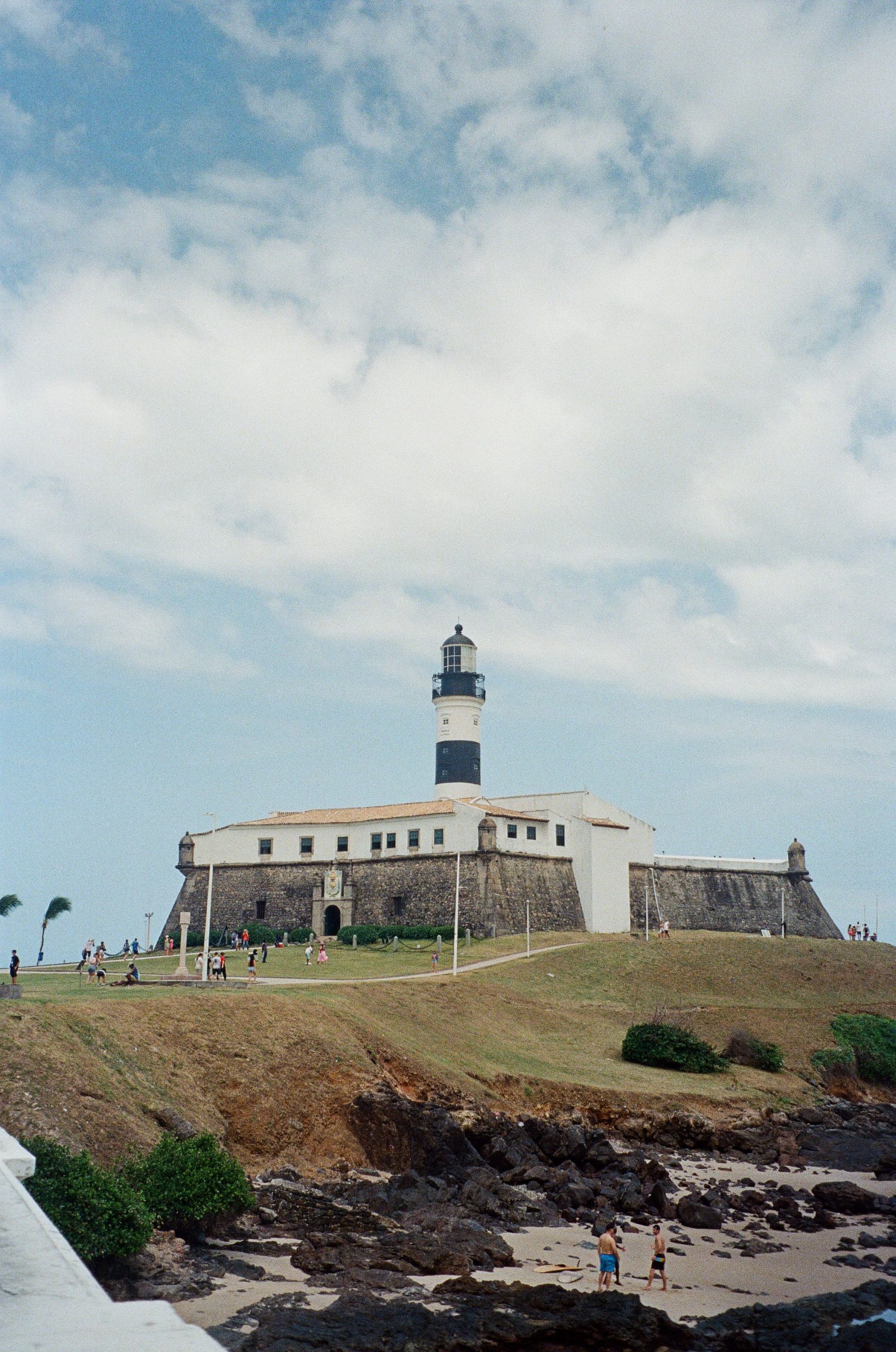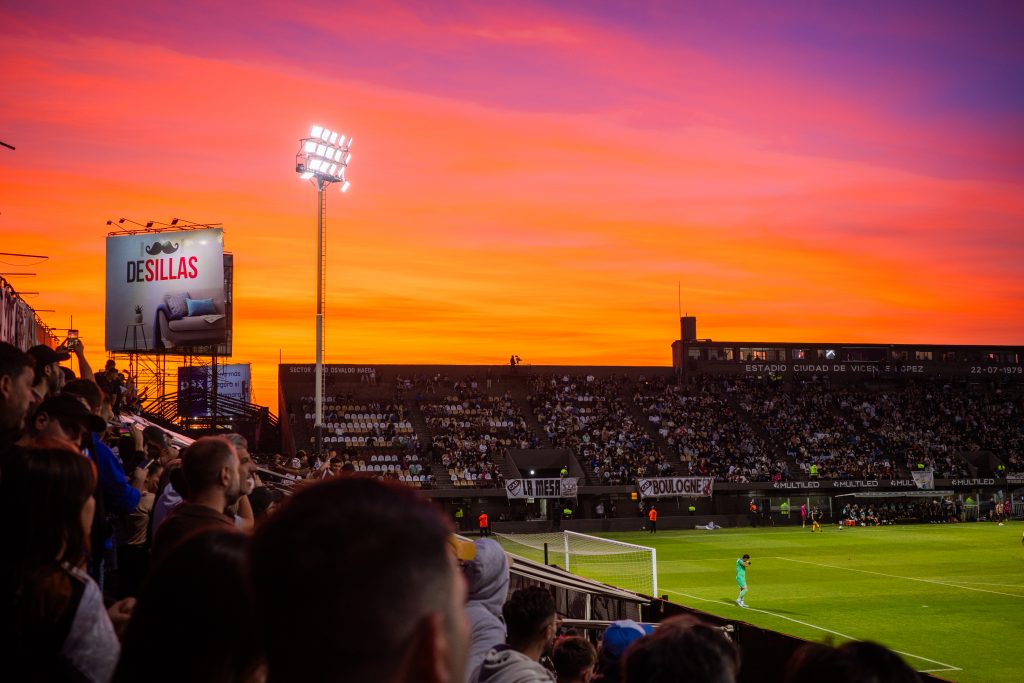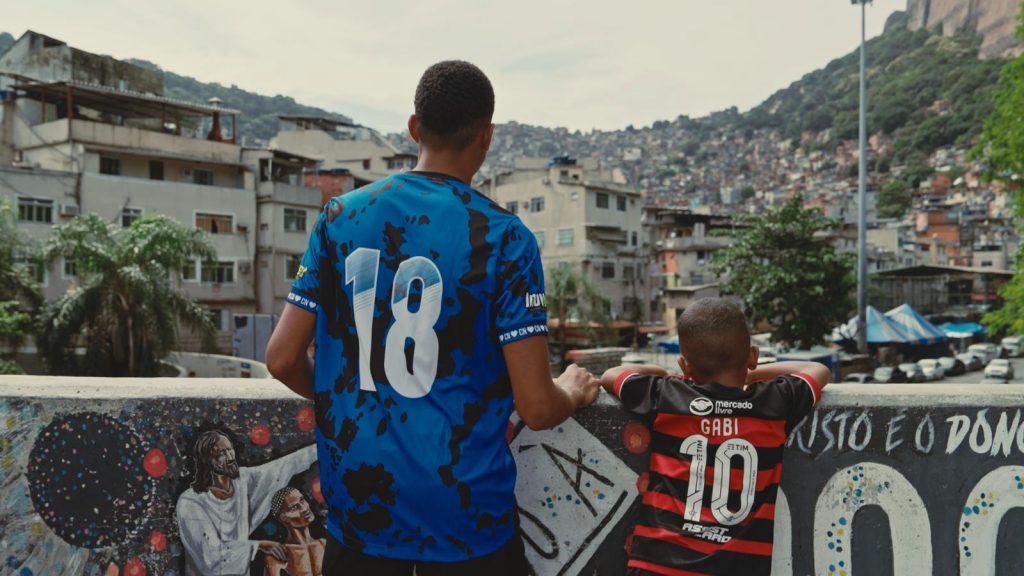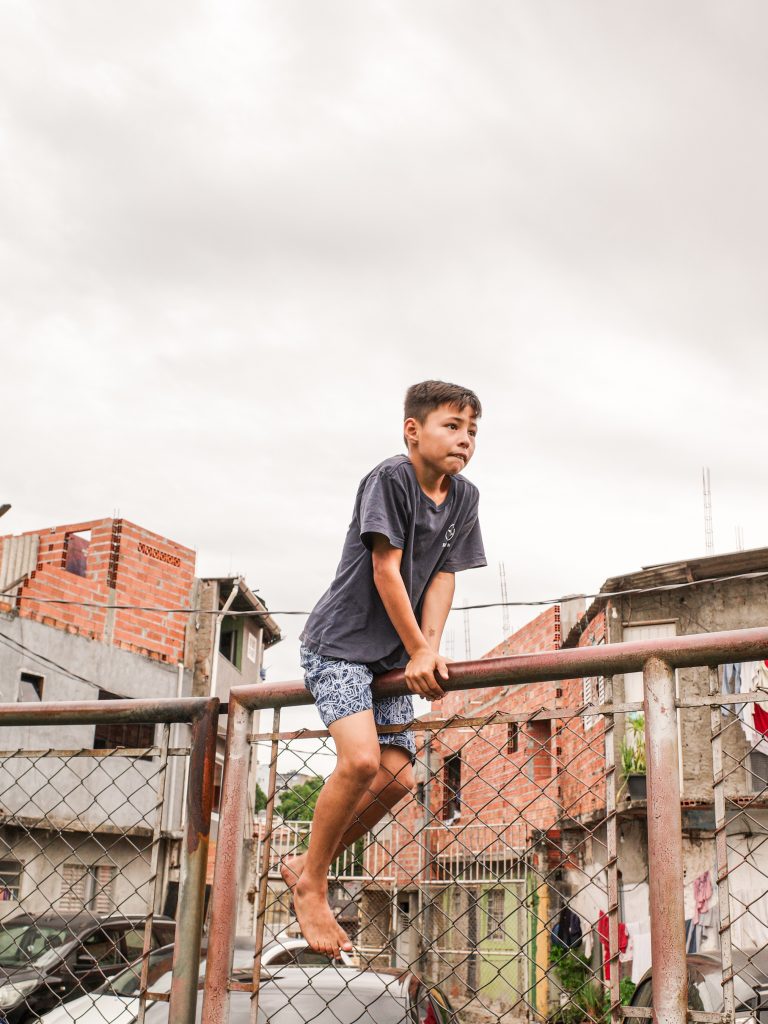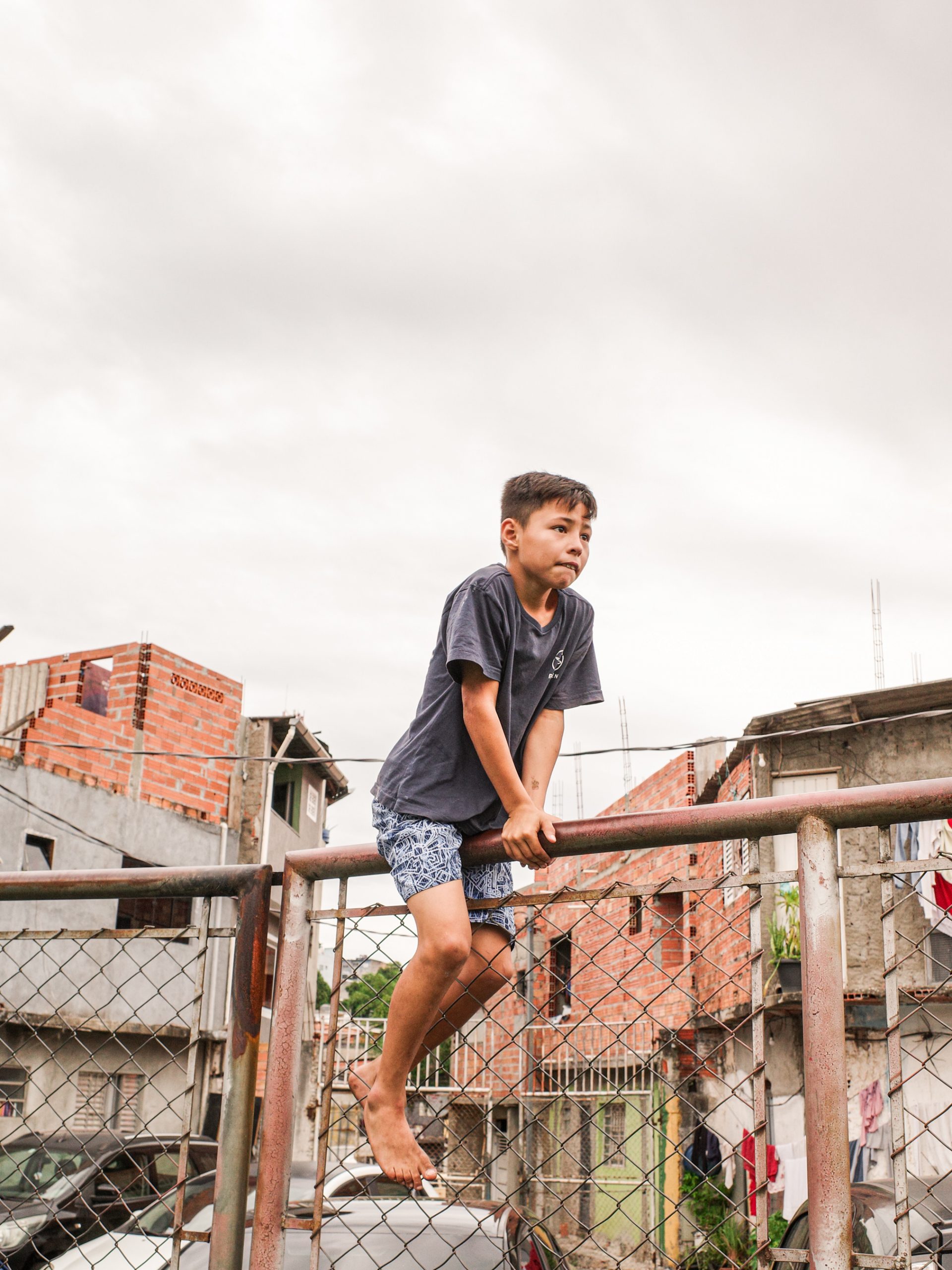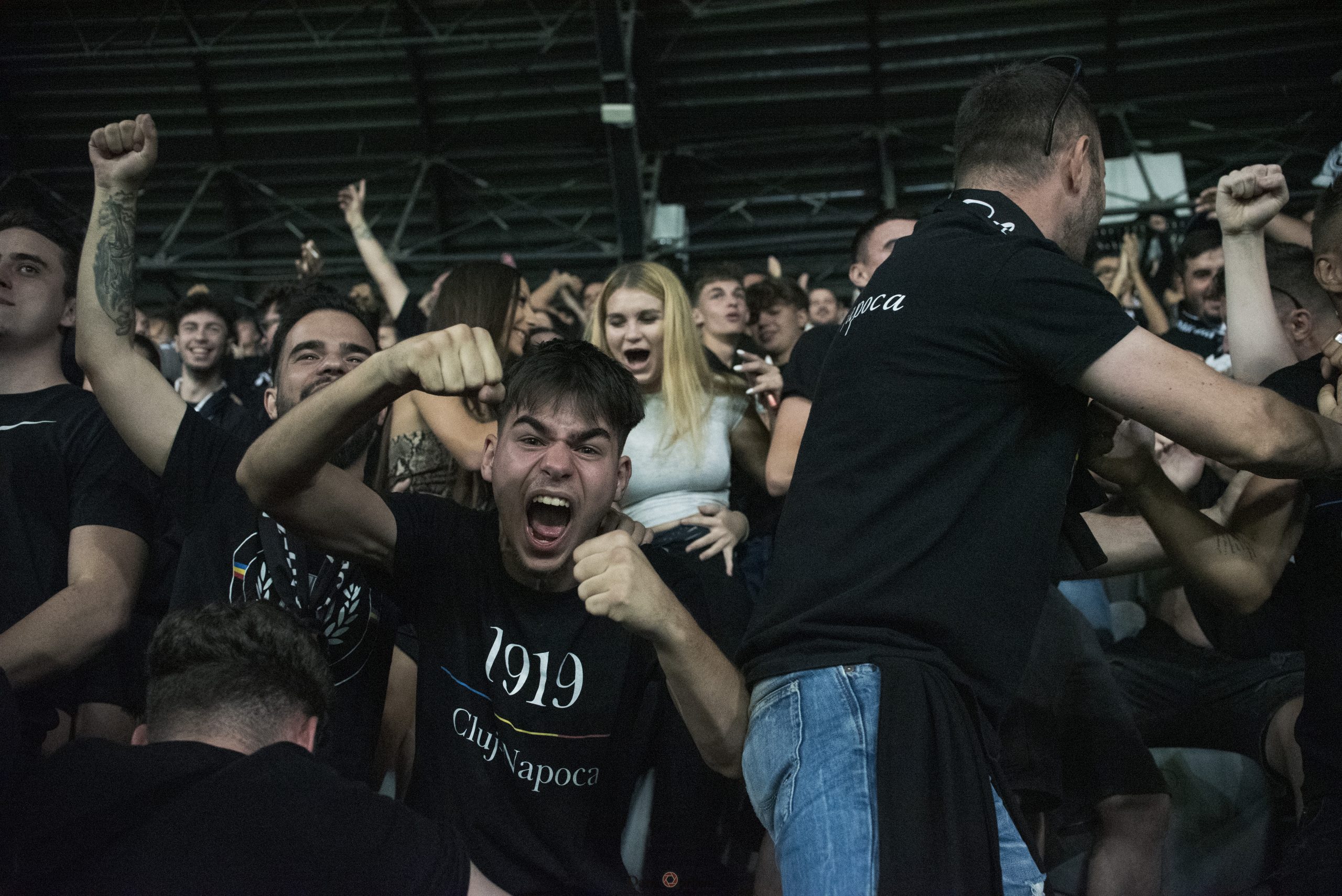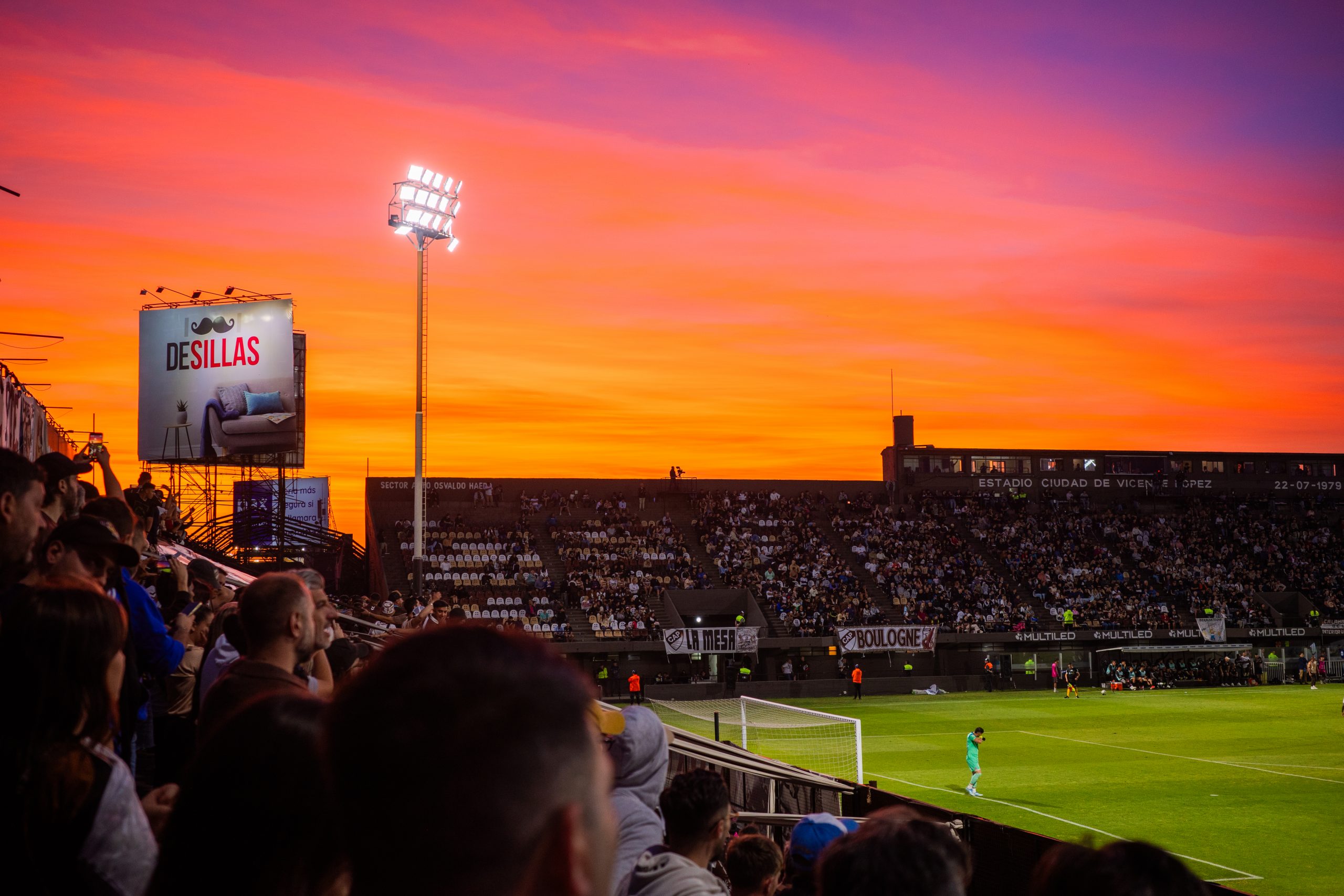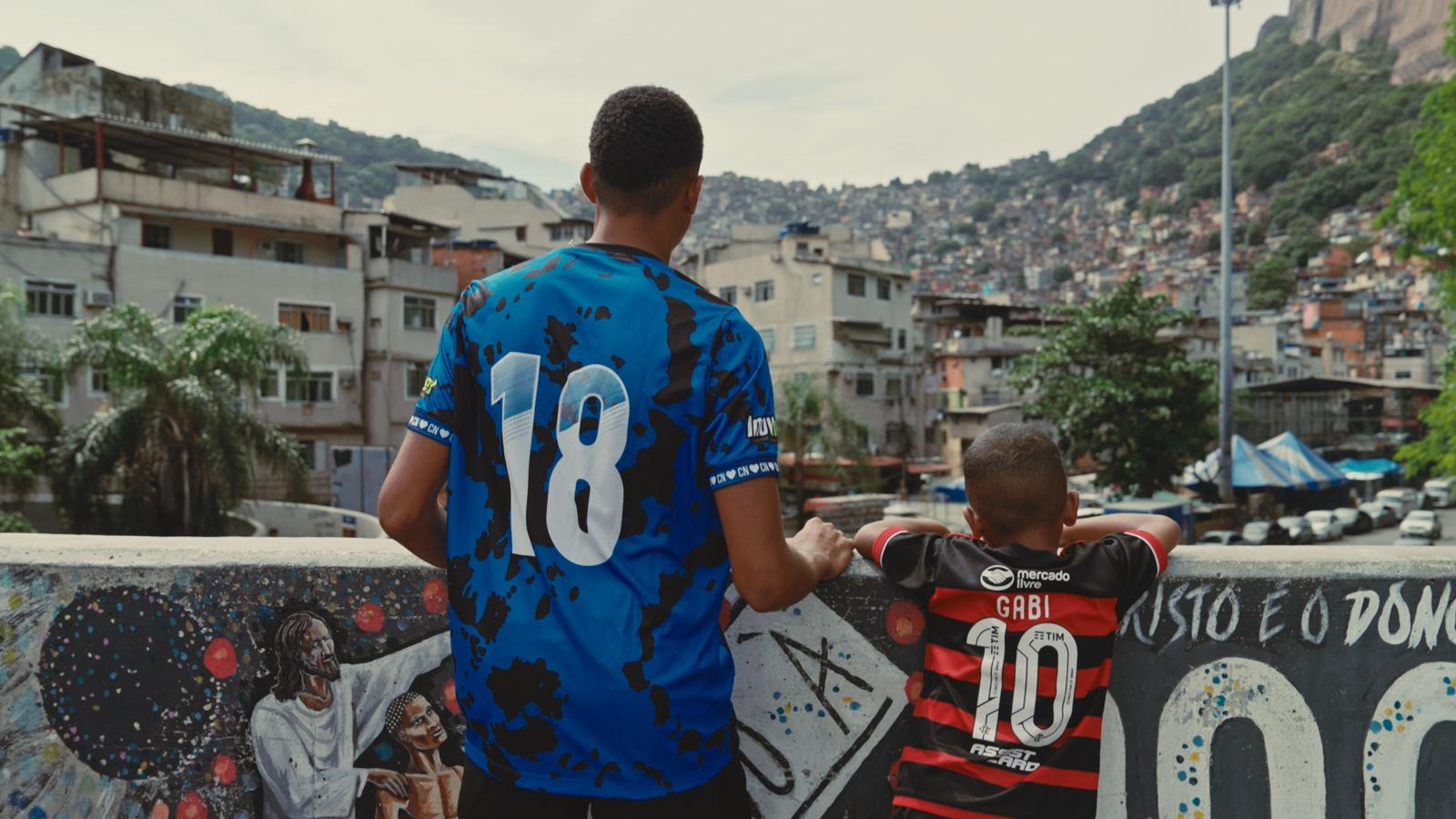“Salvador is truly one of Brazil’s most beautiful cities.”
There’s a certain way Rodolfo Belon speaks about Salvador that makes you want to book a flight and see it for yourself. A photographer and videographer based in Brazil, Belon has travelled across the country, but it’s Salvador — Brazil’s first capital and the heart of Bahia — that continues to draw him back.
“Salvador is truly one of Brazil’s most beautiful cities,” he says. “Visiting it feels like diving into the country’s history and the heart of Afro-Brazilian culture. Everywhere you look, there are colours, music, and stories. What really makes Salvador special, though, is its people — their energy and the mix of cultures you can feel all around.”
It’s easy to see why. Salvador was once the centre of Brazil’s colonial trade and today remains one of the most culturally distinct cities in the country. More than 80 per cent of its residents identify as Afro-Brazilian, and the city’s identity — from its cuisine and festivals to its religion and art — reflects that. Walk through the old town of Pelourinho, a UNESCO World Heritage site, and you’ll find pastel-painted buildings, open-air drumming circles, and street vendors serving spicy acarajé, a fried bean cake sold with a smile.


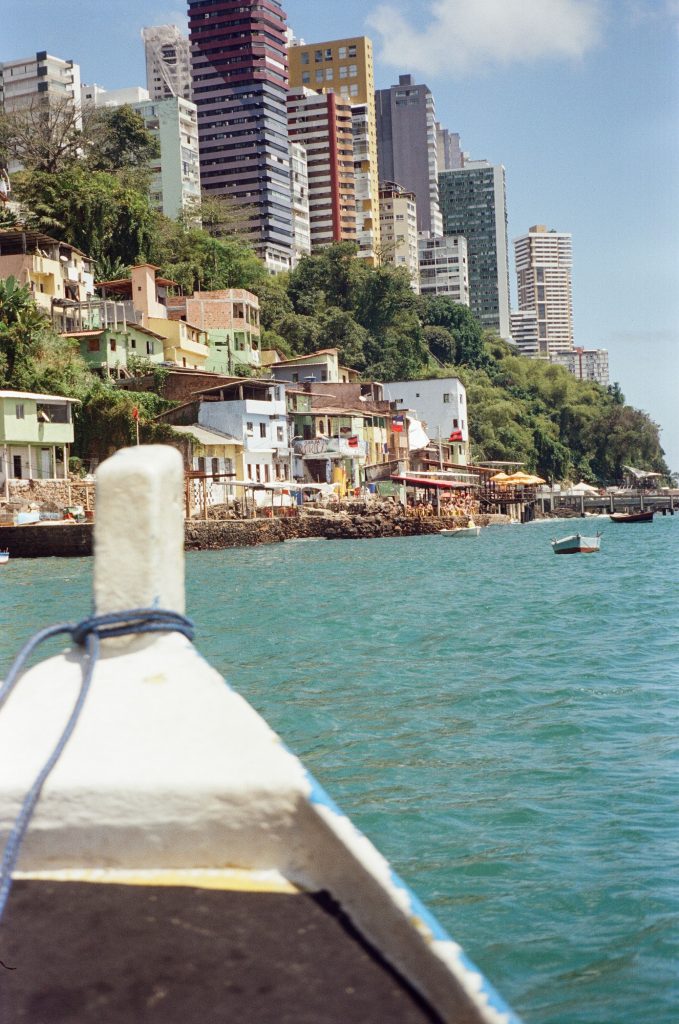
Two Cities, Two Ways of Living
“For me, Salvador is the complete opposite of São Paulo in so many ways,” says Belon. “São Paulo is fast, always on the move, packed with schedules and urban energy. Salvador has a different rhythm — slower, more relaxed, and human. It’s a city that makes you pause and really take it all in.”
It’s a familiar comparison. Where São Paulo towers with ambition and concrete, Salvador stretches toward the sea. Life here moves differently — not out of laziness, but intention. Conversations last longer, meals are slower, and there’s a visible appreciation for the moment. “What I love most about Salvador, every time I visit,” Belon continues, “is its unique vibe. Everything here feels alive. The beaches, the food, the warmth of the people — it all makes you feel instantly welcome.”


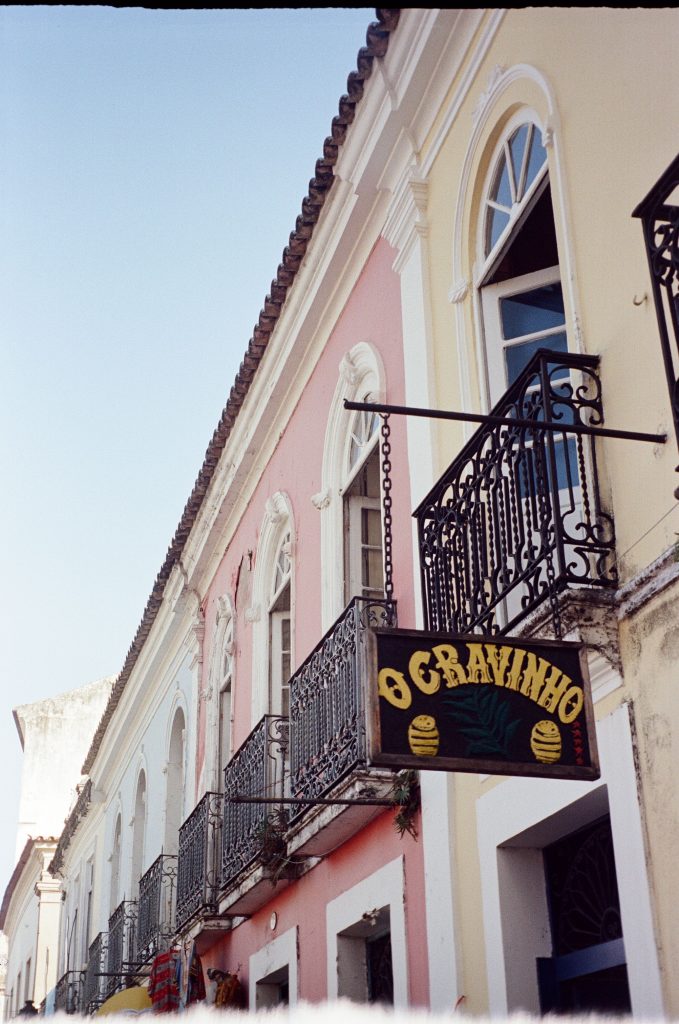
Where Football Belongs to the People
Football is as much a part of Salvador as its coastline. On matchdays, the city hums with anticipation. Kids in Bahia shirts fill the streets, and bars overflow with locals shouting at flickering TV screens. “Football is everywhere in Salvador,” says Belon. “It’s more than a sport; it’s part of life. The passion for local teams like Bahia and Vitória is contagious. If you ever get the chance to catch a match at Fonte Nova or Barradão, don’t think twice — you’ll have an unforgettable experience.”
The rivalry between Bahia and Vitória runs deep — the Ba–Vi derby is one of Brazil’s fiercest. Yet, in Salvador, football isn’t just about results. It’s about belonging. Fans talk about their clubs as they would their neighbourhoods or families, with pride that borders on poetry. For many, football is where history, identity, and joy intersect.
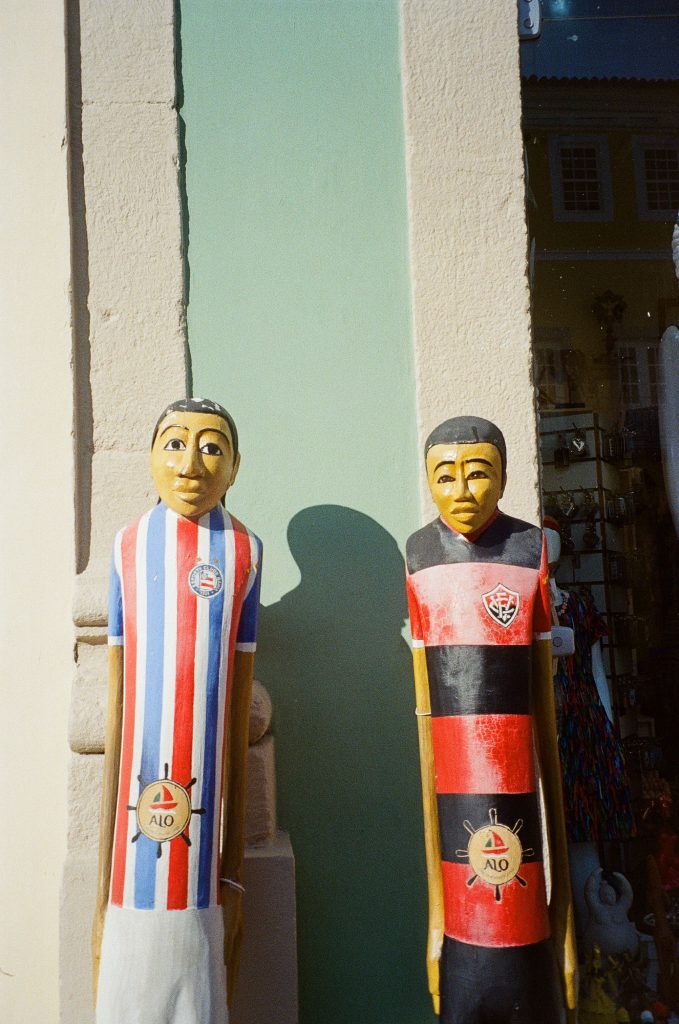
A City That Never Stops Surprising
Belon’s latest trip took him once again to Pelourinho, the historic centre where cobblestones echo with the sounds of samba and laughter. “This trip, I explored Pelourinho, but I’ve visited Salvador many times before. And yet, I was enchanted all over again by the colourful streets, colonial houses, and stunning baroque churches.”
He spent afternoons at Porto da Barra and Farol da Barra, two of the city’s most beloved beaches. “Music and dance seem to spill into every corner — the city pulses with its own rhythm. I also spent time at Porto da Barra and Farol da Barra beaches, soaking up the sea, the scenery, and the local energy.”
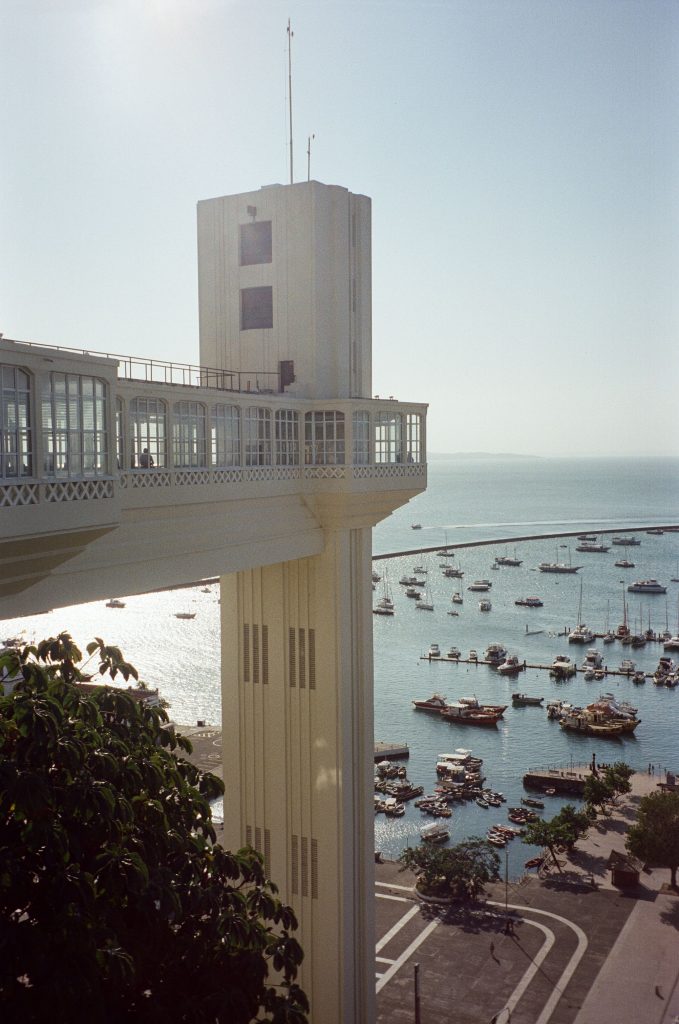

Food, naturally, plays its part. “And of course, I indulged in some classic local dishes again — acarajé, moqueca, vatapá — flavours and aromas that never fail to amaze me with their authenticity.”
Even after countless visits, Salvador still feels new to him. “Even though I’ve been to Salvador before, every visit reminds me why this city is so special. Walking through its streets, taking in the sounds, colours, and smells, and interacting with people — it’s a complete sensory experience every single time.”
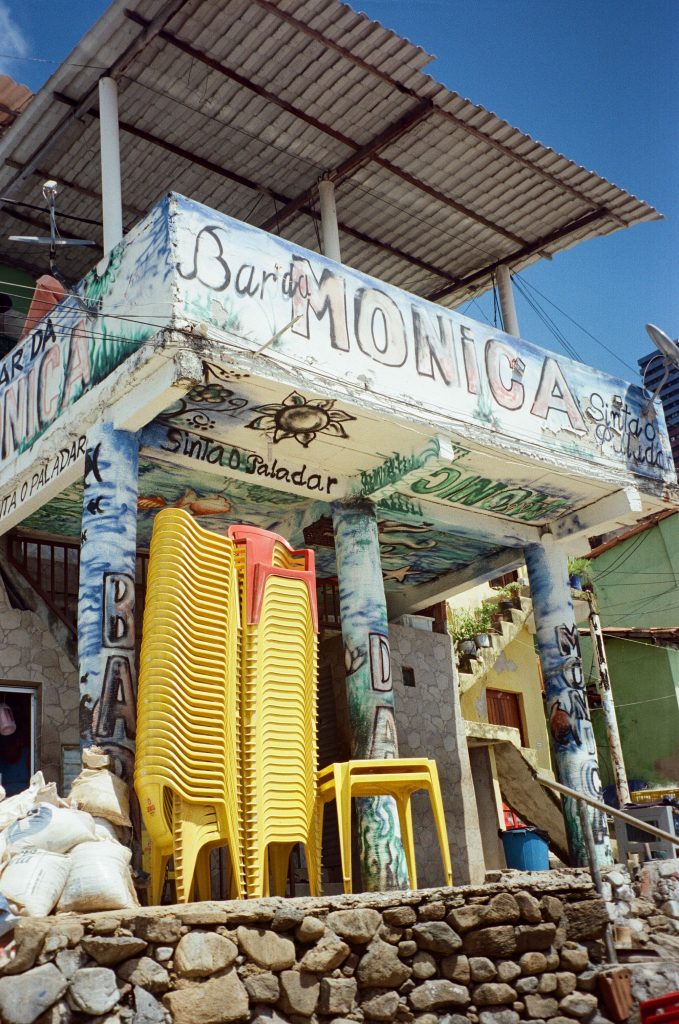
More Than a Destination
“If you come to Brazil and want to experience the culture truly, Salvador is a must,” he says. “You won’t regret it. The people of Bahia are warm, joyful, and full of life, and the city radiates a unique energy through its music, colours, and traditions that captivates every visitor.”
For Belon, Salvador isn’t about escapism — it’s about connection. The city’s history and humanity are inextricably linked. Every visit feels like a conversation, every photograph a reminder that Brazil’s spirit can’t be defined by one place alone — but Salvador comes close.
Before we finish, Rodolfo leaves one thought hanging in the air — simple, honest, and full of affection.
“If you come to Brazil and want to experience the culture truly, Salvador is a must. You won’t regret it. The people of Bahia are warm, joyful, and full of life, and the city radiates a unique energy through its music, colours, and traditions that captivates every visitor.”
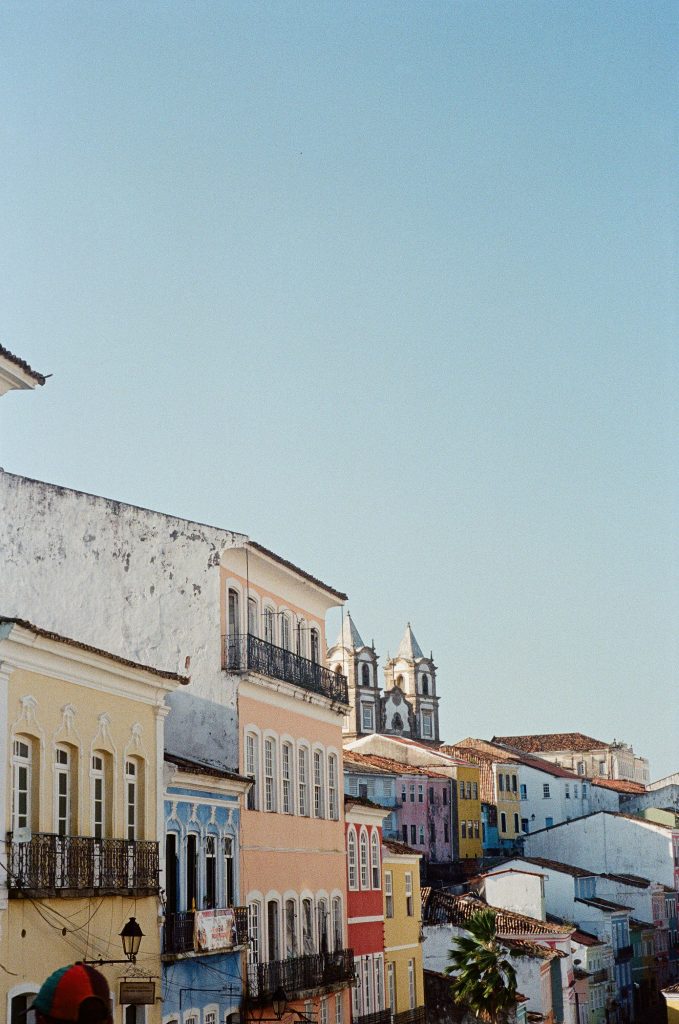
All images by Rodolfo Belon

